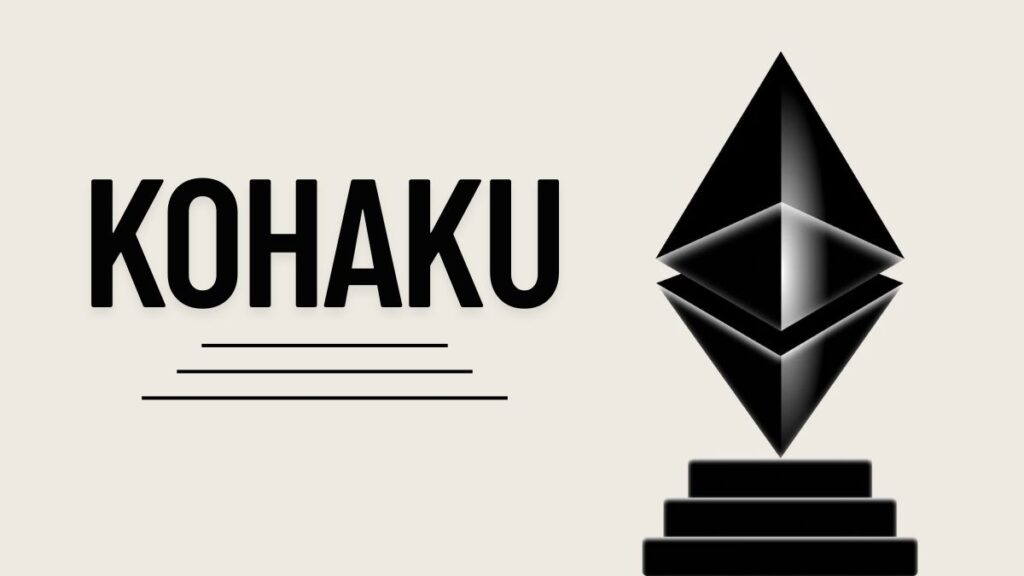TL;DR
- Ethereum developers launched Kohaku, an open-source project designed to strengthen wallet privacy and security.
- The first version will come as a browser extension based on Ambire, featuring private send and receive functions, P2P connections, and a one-account-per-DApp model.
- It will integrate ZK Email, ZK Passport, and Anon Aadhaar for account recovery.
Ethereum developers introduced Kohaku, an initiative aimed at improving wallet privacy and security through a modular toolkit and an open SDK.
Announced by Nicolas Consigny from the Ethereum Foundation, the project seeks to reduce wallets’ reliance on centralized services and create an environment where transactions and personal data remain protected from third parties.
New Standards for Security and Privacy
Kohaku aims to establish new foundations for user-level privacy and security in Ethereum. It includes an SDK that enables developers to integrate privacy and security primitives into their wallets, along with a reference implementation built for advanced users. The initial release will be a browser extension based on Ambire, targeting users who want full control over their data.
The project is open source and involves collaboration with teams such as Ambire, Railgun, DeFi Wonderland, Helios, and Oblivious Labs. Both the SDK and the wallet will feature a plugin system, allowing developers to choose which features to enable. Development will follow a mainnet-first approach, with progressive support for Layer 2 solutions that reach at least stage 1.
Kohaku Will Include Account Recovery Mechanisms
Planned features include private sending and receiving, anonymous payment requests, P2P wallet connections, and a one-account-per-DApp system that prevents cross-application tracking. Kohaku will also integrate a lightweight Helios client running directly in the browser, eliminating the need to rely on external RPC nodes, and will add mechanisms to hide IP addresses and prevent data leaks.
The project will introduce recovery options using zero-knowledge tools such as ZK Email, ZK Passport, and Anon Aadhaar, allowing users to regain access to their accounts without revealing personal data. It will also include post-quantum compatibility and support for next-generation hardware signers based on the Jubjub and Bandersnatch curves.
In the long term, Kohaku aims to bring wallet security closer to the device level by developing a native Ethereum browser that allows users to interact with DApps and decentralized networks while minimizing the risk of data exposure













